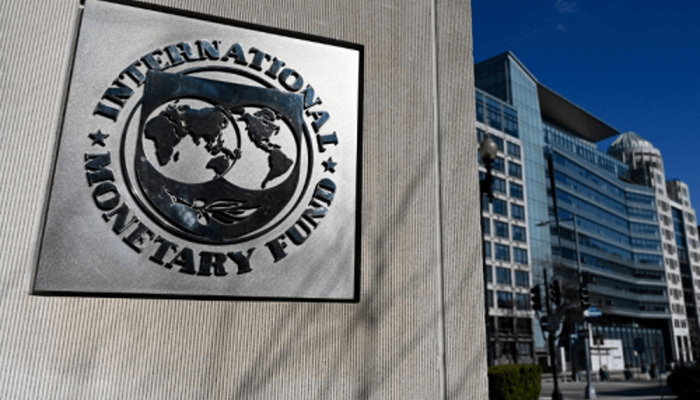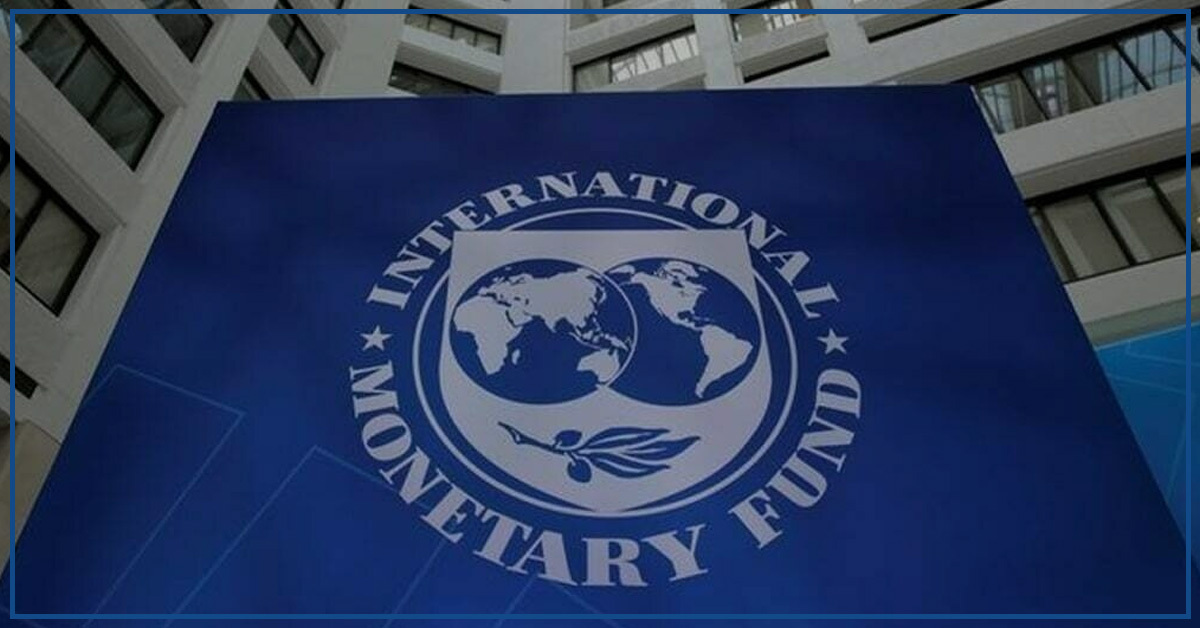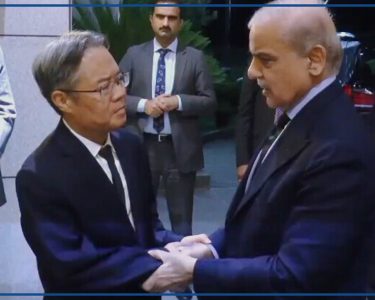In an effort to tackle the financial challenges faced by Pakistan, the International Monetary Fund (IMF) has initiated direct talks with crucial bilateral partners. Spearheaded by the Caretaker Finance Minister, Dr. Shamshad Akhtar, and Nathan Porter, the chief of the IMF’s mission, are engaged in talks focused on securing robust assistance.
This involves negotiations for rollovers and additional inflows, aiming to enhance the fiscal stability of the nation throughout the ongoing fiscal year.
Initial policy-level talks have evoked optimism regarding the successful completion of the first quarterly review. The spotlight now turns to the eagerly awaited disbursement of the $710 million second tranche within the $3 billion Standby Arrangement (SBA) in December.
However, the IMF mission has raised concerns about potential risks to the financing pipeline, amounting to approximately $28 billion for the fiscal year.
To mitigate these concerns, the mission contemplates a $2 billion reduction in the current account deficit.
Encouraging indications from the IMF and bilateral lenders, coupled with thoughtful strategies devised by the State Bank of Pakistan (SBP), power and petroleum divisions, Federal Board of Revenue (FBR), and the Special Investment Facilitation Council (SIFC), have the potential to diminish the financial deficit in the latter part of the fiscal year.
Despite overall confidence in financing commitments, challenges loom, notably $5 billion in commercial loans and $1.5 billion in planned international bonds during the fiscal year.
Global economic uncertainties and financial market conditions pose potential obstacles, introducing doubts about the feasibility of these funds and raising concerns about financing costs.

The IMF mission underscores the necessity of a thorough evaluation of tax base expansion and its quality. Without an urgent push for novel tax measures or elevated tax rates, the focal point shifts to enlarging the pool of taxpayers, with a specific emphasis on the retail sector.
Discussions involve proposing a fixed tax scheme for retailers and enhancing real estate taxation.
As discussions progress, mutual agreement emerges on the pivotal role of finalizing the memorandum of economic and financial policies before the mission concludes.
Both sides concur on the importance of curbing development spending at the federal and provincial levels. Concerns related to circular debt flows in the energy sector, encompassing power and petroleum tariff adjustments, are also addressed
Looking ahead, plans are outlined for broadening the tax net with a specific focus on retailers through a fixed tax scheme. The primary objective remains improving revenue without resorting to new taxes.
Additionally, discussions encompass enhancements in anti-money laundering operations and legal frameworks targeting trade-based money laundering.
Amidst these deliberations, the caretaker government showcases fiscal responsibility by not only meeting but exceeding the IMF’s requirement for no additional government guarantees.
The retirement of guarantees by over Rs150 billion underscores a commitment to sound financial practices, fostering a positive outlook on Pakistan’s economic future.





